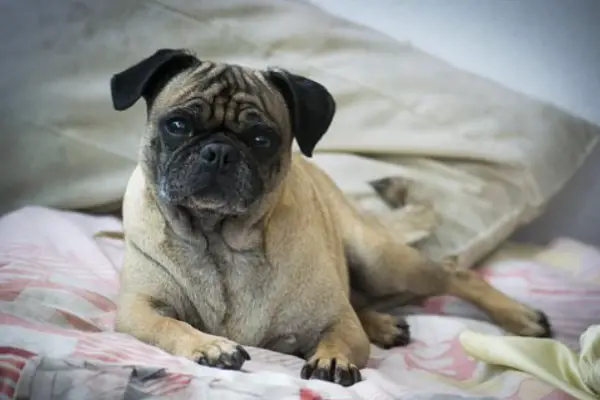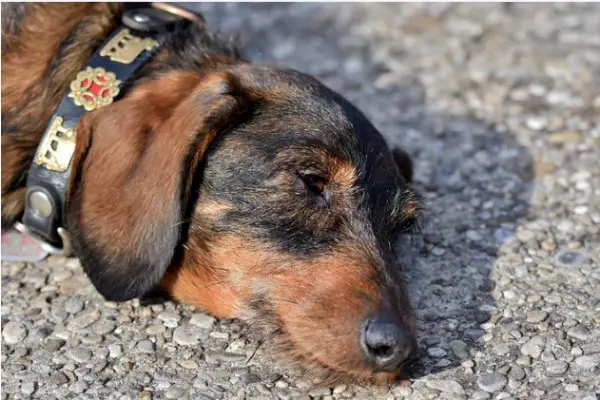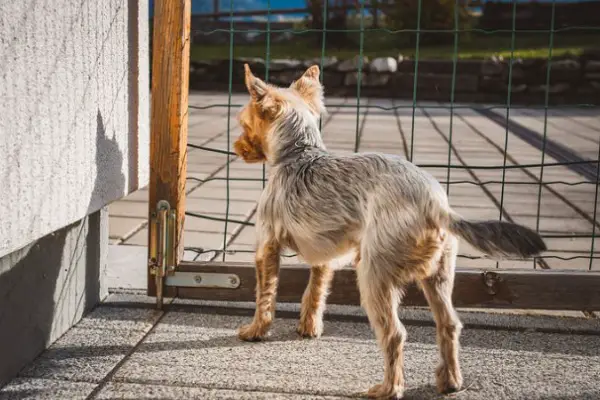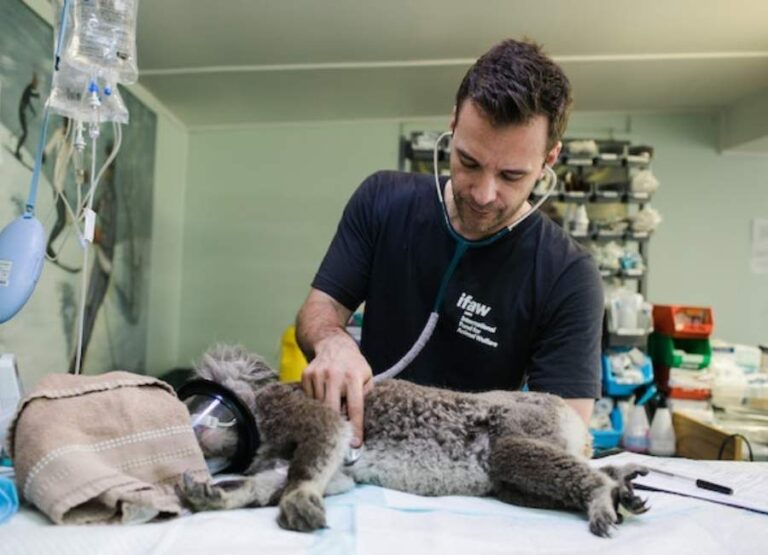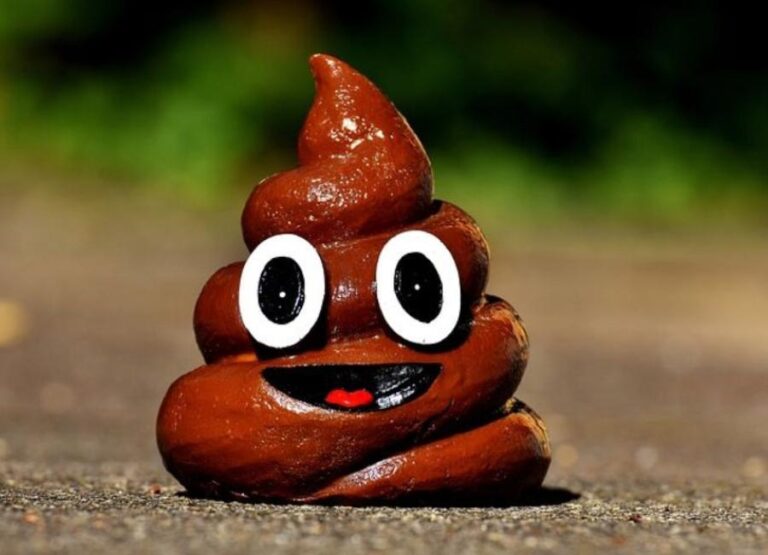9 Signs Of Pomeranian Dying & Helpful Tips
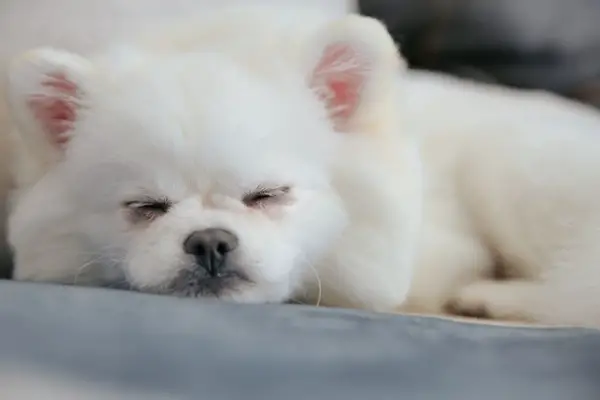
Seeing the signs of Pomeranian dying can be very frustrating to Pomeranian owners.
It’s difficult to see your puppy fade away, but it’s unavoidable; the most essential thing is to give your Pomeranian the best possible life in his final days.
We’ll go through the most typical indicators of Pomeranian death in this piece, as well as some popular techniques to keep them comfortable in their final days.
I’ve lost two dogs in my life, and I know how heartbreaking it is. I’ve seen a number of signs, which I’ll go through in this piece.
Signs Of Pomeranian Dying
The following are all the most common signs of Pomeranian dying, you should know and comfort them:
1. Drastic reduction in mobility rate
Your elderly Pomeranian’s mobility will deteriorate more than typical as he or she approaches death.
The strength of an elderly Pomeranian may deteriorate to the point where he or she is unable to stand for as long as before.
Your Pomeranian’s legs may begin to fatigue, making it difficult for them to climb stairs or cross slick surfaces.
With time, your Pomeranian may find it difficult to stand and walk about, and some may even struggle to lift their heads.
A reduction in movement pace is one of the final phases before your Pomeranian gives up. This will be obvious, and you should anticipate seeing it.
2. Persistent respiratory issues
Your Pomeranian may have liked racing about and playing when he was younger, but as he gets older, he may be unable to do so without panting.
You may notice that your Pomeranian inhales and exhales more slowly than usual, or that he or she has difficulty catching his or her breath.
Respiratory problems are usually a sign of heart failure or a problem with the respiratory system.
With time, your Pomeranian’s capacity to breathe will most certainly deteriorate.
Pomeranians are predisposed to respiratory difficulties as a result of their snout shape, which only worsens with age.
The breathing of the Pomeranian grows shallow as it approaches death, with unusually long intervals between breaths that can last anywhere from a few days to a few hours.
The dog’s heart rate will drop from 120 to 80 beats per minute to 70 to 60 beats per minute if his pulse is very weak.
You will notice that your dog is breathing shallowly and is not moving in the final hours.
Your dog will usually sleep in a dark or concealed corner of your house. Here are some of the reasons why Pomeranians shake.
3. Increased dental issues
Your Pomeranian’s bright pink gums will become white over time, signaling that their dental health is declining.
They may also be in excruciating pain as a consequence of crooked, damaged, or missing teeth as a result of age or illness.
A Pomeranian may have a history of dental issues, but you must determine the severity of the condition with the help of your veterinarian.
Your Pomeranian is most likely suffering from serious dental problems, which is one of the reasons he won’t eat or has lost his appetite.
In any case, at the end of your Pomeranian’s life, you’ll notice that practically all of his or her symptoms are linked to one another.
4. Increased loss of appetite
Your Pomeranian’s favorite part of the day is undoubtedly mealtime. Food is so important to Pomeranians that they will weep if they are hungry.
Every Pomeranian anticipates the rustling of their favorite treat packets and the clinking sound of their food dish throughout the day.
It might be one of the following if your Pomeranian isn’t eating or is only eating half of what you’ve fed him:
- The Pomeranian has been ill.
- The Pomeranian is suffering from dental problems.
- The meal does not appeal to the Pomeranian.
- The Pomeranian is infected with worms.
- The Pomeranian is under a lot of strain.
- The Pomeranian is slowly dying.
It’s possible that when Pomeranians lose interest in their food, they’re unhappy with their surroundings or in discomfort.
Though it’s conceivable that the lack of appetite is due to a medical issue rather than a life-threatening situation.
Pomeranians, like other dogs and people, are uninterested in food as they reach the end of their lives.
If your Pomeranian stops eating for an extended period of time or if the amount of food he takes continues to diminish, it’s advisable to get him checked out by a veterinarian.
The age and health of your Pomeranian have an impact on this indication.
When your Pomeranian is close to death, he is more interested in hiding than in eating.
5. Continues loss of coordination
It’s likely that your sporty and energetic Pomeranian is losing their sense of coordination if you notice them falling or having difficulty managing their muscles.
Coordination problems can be caused by underlying ailments, ear infections, or other traumas, and they could be a sign that your Pomeranian is nearing the end of his life, depending on his age and present condition.
Contact your veterinarian if you notice a chronic lack of coordination or are worried about your Pomeranian’s stability.
6. Loss of bladder control
Keep a watch on your Pomeranian’s bathroom habits, since an unregulated bladder and anal sphincter control are two other indicators of a dying Pomeranian.
Your Pomeranian will urinate and defecate in strange places as he approaches death. This indicates that they have lost bladder control.
These symptoms can affect even the most disciplined or well-trained Pomeranian. Urination will be unpredictable and intermittent.
Your Pomeranian will generate watery diarrhea that is occasionally foul-smelling and sometimes blood-tinged as he approaches death.
Due to a complete lack of muscular control, your Pomeranian will urinate and defecate for the last time after death.
7. Uncontrollable muscle tremors
Muscle tremors in Pomeranians can be caused by a lack of food, and as a result, your Pomeranian may get dehydrated and develop muscular tremors.
Your Pomeranian’s glucose levels drop when he doesn’t eat or drink, resulting in weakness and muscular spasms.
Tremors in Pomeranians are characterized by twitching, shaking, and a dip in body temperature if you’re not familiar with them.
The best thing you can do for your dog is to make sure he or she is well-fed and warm by covering them with a blanket.
To keep your Pomeranian warm and comfortable in its dying days, spend some time embracing it and chatting to your vet.
8. Frequent changes in body temperature
Pomeranians’ capacity to regulate their own body temperatures may deteriorate as they age or suffer from various health issues, causing them to lose body heat often.
As a result, a Pomeranian on the verge of passing away will have a lower body temperature than usual, which will be noticed by the owner.
Just keep in mind that if you live in a colder region, your puppy may become too chilly, and if you don’t, your puppy may die or become ill.
You may also keep your dog warm by raising his body temperature with a heated bed or a warm blanket. Make an appointment with your veterinarian as well.
9. Excessive shedding and skin problems
You’ll be able to see how dehydration affects the skin of a dying Pomeranian, even if your Pomeranian is completely covered in fur.
Their hair and skin will deteriorate in quality and condition day by day, and you should consult a veterinarian at this time.
No matter how hard you try to keep it smooth and silky, it will eventually dry out and become harsh.
Even with proper Pomeranian care, your Pomeranian’s beautiful hairs will ultimately fall off.
When excessive shedding is mixed with age, your Pomeranian is approaching the end of his or her life.
How to ensure Your Pomeranian live a longer life
Here are some popular methods for ensuring that your Pomeranian has a long and happy life:
- Provide a nutritious and balanced diet.
- Provide lots of mental stimulation.
- Always aid in the immune system development of a Pomeranian.
- Ensure that clean, fresh water is available at all times.
- Improve the health and operation of your digestive system.
- Homemade meals with mineral supplements should be fed to your Pomeranian.
- Avoid foods that include fillers, artificial preservatives, a lot of wheat, or a lot of soy.
- Provide a high-protein meal to assist your Pomeranian maintain a high level of energy.
- Give your Pomeranian no carcinogens, such as smoked meat.
- Avoid putting your Pomeranian in a stressful situation.
- Your Pomeranian should always be groomed.
- Avoid causing your Pomeranian any distress.
- Provide a comfy and peaceful resting area for your Pomeranian.
- Maintain a daily working habit.
- Allow your dog to sleep for as long as he or she desires.
- Always go to the doctor on a regular basis.
How to comfort a dying Pomeranian
The following are the most common methods for comforting a dying Pomeranian:
- Offer your Pomeranian all medical attention and drugs he or she requires.
- Play a calming music for your Pomeranian.
- Provide a higher-quality food for your Pomeranian and keep a water dish close by.
- Make sure your Pomeranian has a calm, cozy environment.
- New activities or exercises should be kept to a minimum.
- If he becomes chilly, make sure there are lots of blankets or wrap him up.
- In your Pomeranian’s sleeping quarters, avoid loud noises and bright lighting.
- Approach him carefully so as not to startle him, and gently touch him.
- Smaller meals should be given to your Pomeranian at regular intervals.
- Your Pomeranian’s need for isolation should be respected.
- Consult your veterinarian about pain relievers or homeopathic medicines.
- To guarantee that your Pomeranian eats, you might apply appetite stimulants.
- Always be nearby in case your Pomeranian requires assistance.
How to get over the loss of your Pomeranian
Here are some ideas for dealing with your Pomeranian’s death:
- Make contact with your buddies and talk about the loss.
- Invite your pals to come over.
- Pay a visit to areas that your Pomeranian adores.
- Pack your belongings and tidy up your Pomeranian’s room.
- Seek guidance from a psychologist.
- Get over the disappointment and move on.
- Go to a dog park and get relief.
- Interact with other dog owners by paying a visit.
- Give yourself some breathing room by getting a new pet.

![How to Know if Your Dog is Deaf [12 Signs & Tips] How to Know if Your Dog is Deaf](https://petcreeks.com/wp-content/uploads/2023/09/medicine-5003631_640-1.jpg)
